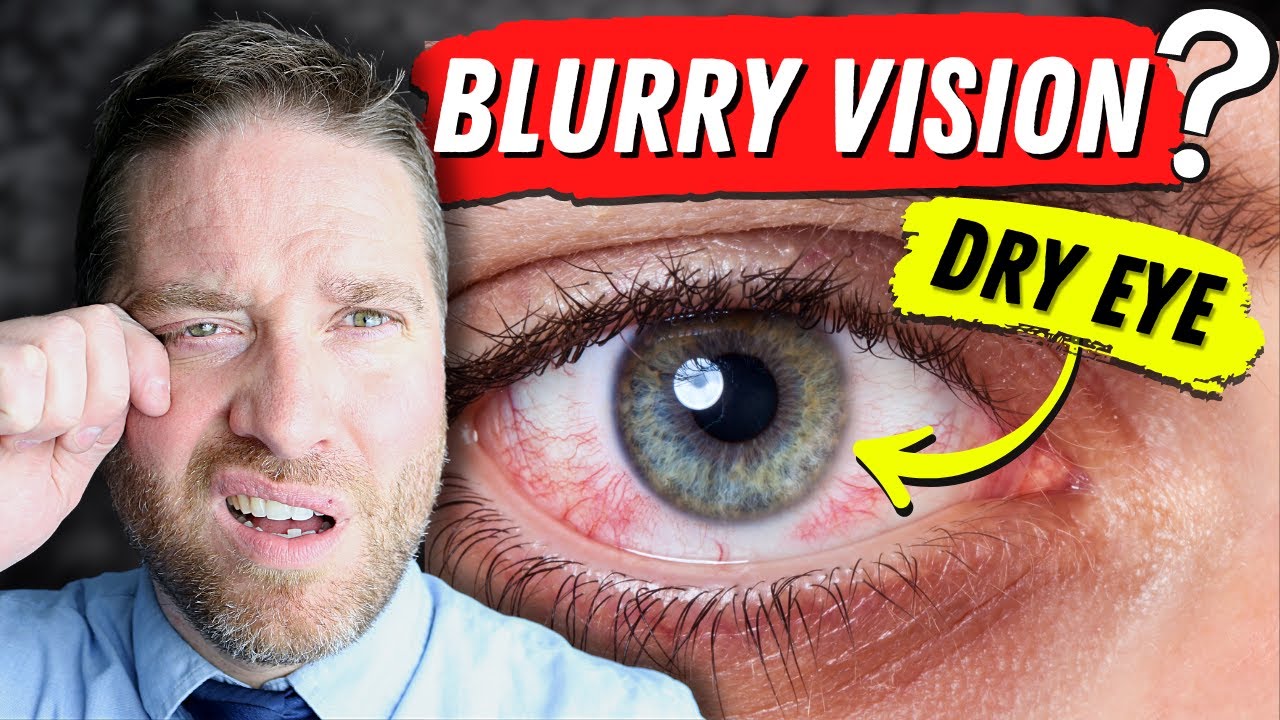Blurred Vision in One Eye: Causes, Symptoms, and Solutions
Welcome to a comprehensive exploration of blurred vision in one eye—a common visual concern that can have a variety of underlying causes. In this article, we’ll shed light on this issue, define its characteristics, and guide you through its potential origins and solutions.
Defining Blurred Vision in One Eye:

blurred vision in one eye
To start, let’s clarify what we mean by blurred vision in one eye. It’s a visual disturbance characterized by a lack of sharpness or clarity in the vision of a single eye, as opposed to both eyes simultaneously.
Causes of Blurred Vision in One Eye
Exploring the Possible Causes:
Blurred vision in one eye can be attributed to various factors. Let’s delve into the potential causes, which may range from benign issues to more serious underlying conditions.
Common Symptoms
Recognizing the Telltale Signs:
Blurred vision in one eye manifests through specific symptoms that can provide clues about its underlying cause. Understanding these signs is crucial for timely intervention.
When to Seek Medical Attention
Knowing When to Consult an Eye Specialist: In some instances, blurred vision in one eye may indicate a serious condition requiring immediate attention. Learn about the red flags and when it’s crucial to reach out to an eye specialist.
Diagnosing the Underlying Issue
Getting a Diagnosis:
If you experience blurred vision in one eye, the next step is obtaining a diagnosis. This section outlines the diagnostic process, which may include comprehensive eye exams and medical history assessment.
Treatment and Management
Addressing Blurred Vision: Treatment and Management:
The course of action for blurred vision in one eye depends on its underlying cause. In this section, we’ll explore the treatment options available for specific conditions and provide guidance on managing the issue effectively.
Prevention and Eye Care
Preventing Blurred Vision and Maintaining Eye Health:
Prevention is always better than cure. This section offers practical tips and strategies to prevent blurred vision and maintain overall eye health for the long term.
FAQs to “blurred vision in one eye”:
Q: What is blurred vision in one eye?
A: Blurred vision in one eye refers to a condition where the vision in one eye is unclear or lacks sharpness while the other eye sees normally.
Q: What are the common causes of blurred vision in one eye?
A: Common causes include refractive errors, dry eye syndrome, eye strain, and more serious conditions like glaucoma or retinal problems.
Q: Is blurred vision in one eye a medical emergency?
A: Sudden onset of blurred vision in one eye can be a medical emergency, especially if accompanied by other symptoms like flashing lights. Seek immediate medical attention.
Q: Can allergies cause blurred vision in one eye?
A: Yes, allergies can lead to blurred vision in one eye due to eye irritation and excessive tearing. Managing allergies can help alleviate this.
Q: How is blurred vision in one eye diagnosed?
A: Diagnosis involves a comprehensive eye examination by an optometrist or ophthalmologist, including checking for underlying eye conditions.
Q: Can diabetes cause blurred vision in one eye?
A: Yes, diabetes can cause diabetic retinopathy, leading to blurred vision in one or both eyes. Proper diabetes management is essential.
Q: What are some self-care tips for temporary blurred vision in one eye?
A: Rest your eyes, use lubricating eye drops, and avoid eye strain by taking regular breaks from screens.
Q: Can blurred vision in one eye be corrected with glasses or contact lenses?
A: Yes, if the cause is a refractive error, corrective glasses or contact lenses can often restore clear vision.
Q: Are there any lifestyle changes that can help prevent blurred vision in one eye?
A: Maintain a healthy diet, protect your eyes from UV radiation, and take regular breaks when working on a computer or reading.
Q: When should I consult an eye specialist for blurred vision in one eye?
A: If you experience persistent or sudden blurred vision in one eye, especially if it’s accompanied by other concerning symptoms, it’s advisable to consult an eye specialist promptly.
Conclusion
In conclusion, this article has provided a comprehensive guide to understanding blurred vision in one eye. From its definition and causes to symptoms, diagnosis, and management, we hope this information helps you gain clarity and seek appropriate care when needed.




